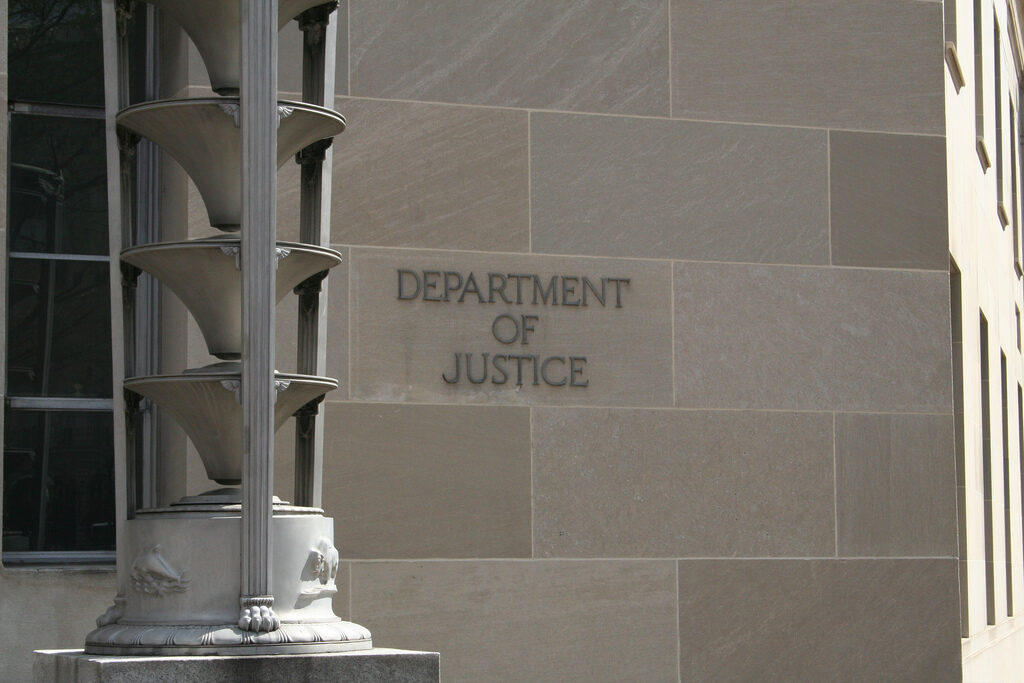The ruling makes Israel’s PM Netanyahu and U.S. Congress look double foolish with the invitation to circumvent the President of the United States last March. More likely, John Boehner stepped outside the bounds of Congressional powers by inviting Netanyahu.
No. 13-628. Argued November 3, 2014–Decided June 8, 2015
Petitioner Zivotofsky was born to United States citizens living in Jerusalem. Pursuant to §214(d) of the Foreign Relations Authorization Act, Fiscal Year 2003, his mother asked American Embassy officials to list his place of birth as “Israel” on, inter alia, his passport. Section 214(d) states for “purposes of the registration of birth, certification of nationality, or issuance of a passport of a United States citizen born in the city of Jerusalem, the Secretary shall, upon the request of the citizen or the citizen’s legal guardian, record the place of birth as Israel.”
The Embassy officials refused to list Zivotofsky’s place of birth as “Israel” on his passport, citing the Executive Branch’s longstanding position that the United States does not recognize any country as having sovereignty over Jerusalem.
Zivotofsky’s parents brought suit on his behalf in federal court, seeking to enforce §214(d). Ultimately, the D. C. Circuit held the statute unconstitutional, concluding that it contradicts the Executive Branch’s exclusive power to recognize foreign sovereigns. Held:
1. The President has the exclusive power to grant formal recognition to a foreign sovereign. Pp. 6-26.
(a) Where, as here, the President’s action is “incompatible with the expressed or implied will of Congress,” the President “can rely [for his authority] only upon his own constitutional powers minus any constitutional powers of Congress over the matter,” Youngstown Sheet & Tube Co. v. Sawyer, 343 U. S. 579, 637 (Jackson, J., concurring). His asserted power must be both “exclusive” and “conclusive” on the issue, id., at 637-638, and he may rely solely on powers the
Constitution grants to him alone, id., at 638. To determine whether the President’s power of recognition is exclusive, this Court examines the Constitution’s text and structure and relevant precedent and history. Pp. 6-7.(b) The Constitution’s text and structure grant the President thepower to recognize foreign nations and governments. The Reception Clause directs that the President “shall receive Ambassadors and other public Ministers,” Art. II, §3. And at the time of the founding, receiving an ambassador was considered tantamount to recognizing the sending state’s sovereignty. It is thus logical and proper to infer that the Reception Clause would be understood to acknowledge the President’s power to recognize other nations. This inference is further supported by the President’s additional Article II powers: to negotiate treaties and to nominate the Nation’s ambassadors and dispatch other diplomatic agents. Though ratifying a treaty and confirming an ambassador require congressional approval, Congress lacks authority to initiate the actions without the President’s involvement. The President, unlike Congress, also has the power to open diplomatic channels simply by engaging in direct diplomacy with foreign heads of state and their ministers. The Constitution thus assigns the President, not Congress, means to effect recognition on his own initiative.
- ○ US Supreme Court rejects law to allow ‘Jerusalem, Israel’ on passports | Ynet News |
○ US Supreme Court rules boy born in Jerusalem can’t have Israel on passport | The Guardian |
